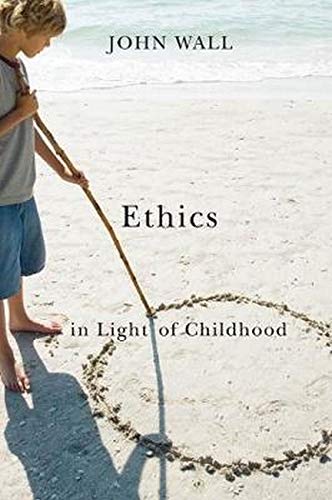The global coronavirus pandemic has upturned lives, livelihoods, economies, politics, global dynamics, and much else. The longer it drags on, the more profoundly it raises the question of what kind of world will eventually emerge from it.
Public commentators in my own country, the United States, have applied different lenses to providing an answer. Environmentalists want to see a world in which science is taken seriously and the global community can act effectively together. Marxists look toward the dismantling of the pernicious systemic effects of classism, racism, sexism, and other social inequalities. Antiracists argue that pandemic recovery must include at long last dismantling racial privilege. Feminists hope for a more just global environment characterized by care for the most vulnerable.
What might be made visible using the lens of childism? How does the critique of normative adultism, and responding to the distinctive experiences of childhoods, help to imagine a more just post-pandemic world?
One conclusion is that the pandemic clearly demonstrates humanity’s deep social interdependence. People are not just related or interconnected to one another, but in a very real sense mutually reliant. The independence to live and act individually and uniquely is bound up with myriad necessary dependencies on others for survival and well-being. Old adultist conceptions of autonomy and agency misunderstand the actual human condition. Your choice whether to socially distance or support health funding profoundly impacts me, and vice versa. Human beings are thoroughly inter-dependent at every level from relationships to communities, countries, and globally.
Another thought is that more complex imaginations are needed concerning political governance. While children and youth have so far been less affected by the pandemic than adults and the elderly, their experiences of political marginalization are still instructive. COVID-19 and economic devastation have disproportionately fallen on the poor, racial minorities, and other groups that share with children a lack of access to power. Political systems at every level need to realize that their current configurations are systematically biased in favor of the already powerful few. Governance should therefore emerge from the pandemic as more than a space for the simple competition of individual interests. It should strive instead for a genuinely inclusive order by finding new ways to actively respond to the grassroots lived experiences of historically marginalized groups. What is more, global crises are often resolved by enfranchising new sectors of societies, and perhaps now it is the turn for children.
The world that emerges from the pandemic could be more oppressive, violent, and authoritarian. Hopefully, however, the global community will have learned that, in reality, humans live more justly when they live in ways that are deeply responsive toward each other.


